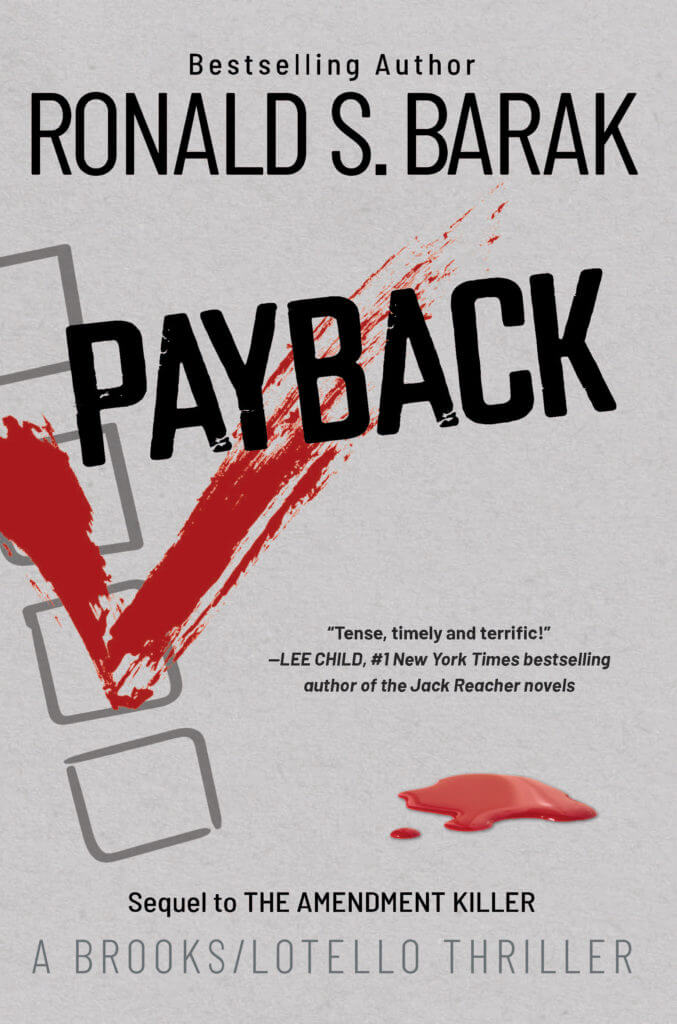 In my most recent blog, I told you the true story about Mark the Plumber, from Texas, not to be confused with Joe the Plumber—and how ISIS is using social media and humorous photos of Mark’s truck surrounded by ISIS soldiers for great laughter—humiliating not only Mark, but, at least implicitly, the entire U.S. as well.
In my most recent blog, I told you the true story about Mark the Plumber, from Texas, not to be confused with Joe the Plumber—and how ISIS is using social media and humorous photos of Mark’s truck surrounded by ISIS soldiers for great laughter—humiliating not only Mark, but, at least implicitly, the entire U.S. as well.
At least Mark is doing something about it. He has actually sued the automobile dealership to whom he sold his truck, and who promised to, but did not, remove his company logo from the side of his truck before reselling it. What about our “leaders” in Washington, in particular those who would be our next U.S. President? What are they doing about ISIS’ effective use of social media to further its causes, including organizing the recent mass killings in Paris (and perhaps in San Bernardino too, although that remains to be established, one way or the other) and apparently mesmerizing and recruiting sympathizers and low profile radical Jihadists on an ongoing worldwide basis.
Our politicians recognize that we are fighting a physical war with ISIS. They constantly debate, but, surprise, surprise, reach no consensus about “boots on the ground,” “no fly zones” over Syria and other similar physical issues. However, do you hear any of them speaking out that we are, or should, also be engaged in a digital war with ISIS and that we must come up with a strategy for fighting ISIS in cyberspace as well as here on good old terra firma.
In my last blog, I said I would have some ideas to share in this blog. Okay, here we go.
Identifying the Digital Opponent and its Reach
It seems to me that ISIS runs its digital campaigns on two levels, one being posted directly by its centrist leaders and the other being posted by various supportive intermediaries, some human and some not (known as “bots”).
What The U.S. Can Do To Win The Digital War
By definition, the centrist leaders are known, if not by individual names, then certainly by organization. The same may be true of many of the intermediaries. It should be easy enough to see that the identifiable social media platforms of ISIS and its supporters are terminated. One would think that social media sponsors (Twitter, FaceBook, X-Box, etc.) shun the values of ISIS just as much as you and I and would voluntarily cooperate in promptly taking such platforms down. If not, however, our political leaders certainly have any number of laws at their disposal to achieve this result. Treason, sedition, inciting violence are just a few that come to mind.
What about the posts of those we are unable to identify, particularly posts that are communicated in a confidential manner, as the authorities suspect was the case of the Paris acts?
Two things come to mind. One is to use “keyword tags” and eliminate all posts that use such incendiary tag words. Will this encroach upon posts that innocently use such tags? Sure. So what? It’s not like such actions would encroach on any fundamental rights. You can’t yell “Fire!” in a dark theater to cause mischief. Why would this be any more invasive? Persons legitimately using such tags will be able to find alternative language.
Ah, but so will ISIS supporters. During World War II, government intelligence personnel cracked all kinds of enemy codes. Could this be any more difficult? Our authorities won’t catch everything, but they will make a huge dent.
A second approach would be to outlaw confidential communications. Another encroachment on free speech? Sure. But so is not letting the jerk yell “Fire!” These rights are not absolute. Legitimate users of social media will need to give up confidential digital communications. If that’s important, they can use snail mail, telephone, faxes, etc. That worked for centuries. It can work again, long enough to stomp out ISIS. Inconvenient yes, but manageable. A reasonable sacrifice to prevent, or at least reduce the number of, the next San Bernardino.
Still a third approach would be to take on and beat ISIS at its own PR game. ISIS is using a worldwide social media PR campaign to recruit supporters all over the globe, particularly in the United States. With all of our writing and PR know how, one would think we might be able to outdo ISIS in the social media PR arena.
The fact is that the sacrifices inherent in the first two of the three above suggestions will inconvenience but not seriously prejudice legitimate users of social media. We can deal with it. With some discipline and commitment, all three of these steps will seriously impair ISIS’ advances. Why don’t we hear any of our Presidential candidates coming up with ideas like this? Why is ISIS outsmarting them? Would’t you make sure not to let ISIS and its supporters join your club?
Join the discussion either by logging in just below or by signing into your favorite social media outlet. If you’re having trouble, please follow these instructions to guide you! Thanks!







